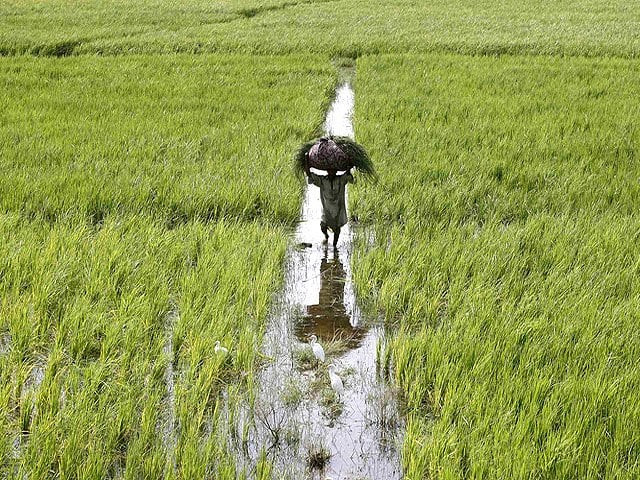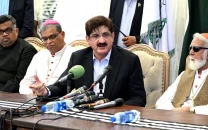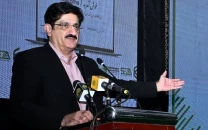Social protection of agriculture workers sought
Floods pose risk to Pakistan’s status of major cotton producing country

Activists, government bodies, growers, and women cotton workers are concerned about the poor working conditions of agriculture workers and demand effective social protection and safety nets schemes for them.
The speakers at the dialogue organised by the Sindh Community Foundation (SCF) on the status of agriculture workers in Sindh, in line with Generalised Scheme Preferences Plus (GSP+) challenges and the way forward, in cooperation with Feed The Minds foundation at a local hotel resolved that agriculture sector should be given the status of an industry and its workers should be included in a broader labour welfare framework.
Sindh Human Rights Commission Chairperson Iqbal Detho shared that agricultural women are facing many problems, including malnutrition and health hazards.
He also highlighted that the government firmly believes in the implementation of labour laws in connection with the international commission as a bridge between civil society and the government.
He further said that the European Union's GSP+ gives Pakistan a special incentive to pursue sustainable development and good governance.
He said that the Commission will play an active role in overseeing the implementation of existing labour laws and human rights in line with GSP+ for the protection of labour in the province.
SCF Head Javed Hussain said that climate is an emerging challenge to the livelihoods and labour rights security of agriculture workers.
"As the temperature increases, the working conditions of women cotton workers become more and more difficult, and they work in a harsh environment", Hussain said.
He stated that Pakistan is one of the vulnerable countries in the world exposed to extreme climate events, while existing labour policies and labour laws are silent about adapting to climate change.
He said that women cotton workers are the forefront climate victims and need to be protected through various social protection and decent work interventions.
On the occasion, Dr Ismaeel Kumbhar said that recent heavy rainfall in the province had a devastating impact on the loss of standing cotton crops, as they were in the stage of harvesting.
He said that Pakistan's status as the fourth-largest cotton-producing country may be lost as a result of the low yield of cotton, which may reduce income generation for the cotton pickers.
He added that according to International Labour Organisation (ILO) data, 65% of women are employed in the agriculture sector, which contributes 23% to the nation's gross domestic products (GDP).
Recent floods also resulted in the loss of 4.3 million workers in Pakistan, with the largest portion coming from Sindh.
Civil society activist Zulfqar Halepoto said that the labour rights debate has been shrunk, so there is a need to emphasise inclusive labour policies with the true spirit of constitutional guarantees.
Present at the event, Sindh Abadgar Board representative Syed Nadeem Shah said that growers also suffered losses due to damaged crops and land fertility because of heavy rainfall.
Therefore, the government should also support the growers in initiating crop compensation and insurance schemes.
Civil society activists Zahida Detho, Shahnaz Sheedi, Marvi Awan, Taj Maree Abdul Samad Sommro, Dr Aslam Memon and women cotton workers from Matiari were also among the speakers.



















COMMENTS
Comments are moderated and generally will be posted if they are on-topic and not abusive.
For more information, please see our Comments FAQ